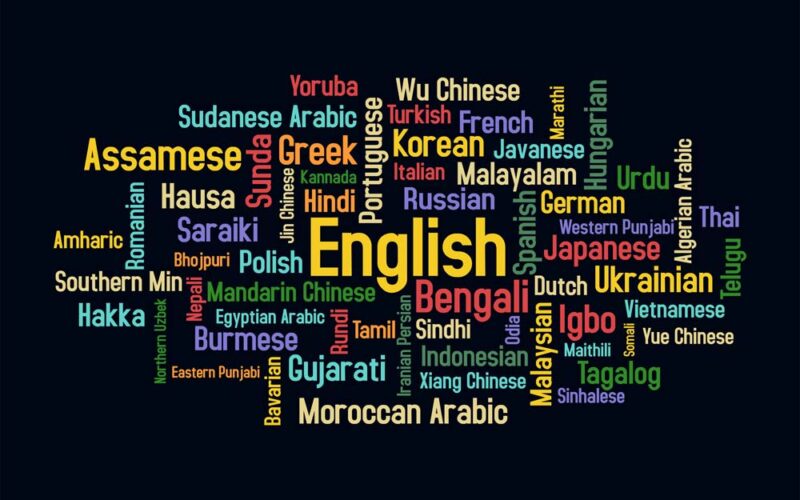Introduction
Everyone has wished they could speak a second language at some point in their lives. Some have succeeded, while others haven’t. However, when the time to start comes, it is not always easy to get it right. A lot of people wonder, “Is there an effective and efficient way to learn a language? The answer is “yes.” Let’s dive into it.
Recommendation
There are six efficient steps to learning a language:
- Focus on learning and remembering the sounds first.
It is universal knowledge that children are quick learners. One of the things they quickly pick up is language. Adults, however, are slower to learn than when they were children. This is because they are losing the ability to distinguish sounds.
Therefore, if you want to learn a second language as an adult, it is more important to get used to the sounds of a foreign language than to memorize grammar and vocabulary. It is also important to learn the accent.
- Use the “Spaced Repetition” technique.
How to review
You should study and review the vocabulary and grammar you have learned. At first, you have to review frequently, but as you get used to it, you can take a few days or weeks off before you review, and if you can solve the problems there easily, you won’t forget them right away!
- Schedule learning sessions before bedtime.
Sleep contributes greatly to language learning in two ways: first, sleep allows the brain to rest after work, which enhances learning. The second is that, after learning, sleep is the key to long-term memory. Therefore, it is very important to get a good night’s sleep.
- Study the content, not the language.
Incorporating the language you want to learn into your interests and likes is an efficient way to learn, and it is important to make good use of readily available online resources, such as YouTube, entertainment videos, podcasts, etc.
- Mix old and new words.
Learning a second language means that you need to put in a lot of new things, and sometimes, you may get a flat tire. In such cases, it is better to use something familiar, something old!
For example, reading picture books from your childhood that have been translated into the language you want to learn will make learning less tedious and more enjoyable!
- Study in sprints.
As an adult, it is very difficult to find time to study. Therefore, you may end up studying for long hours on weekends and holidays. However, it is more effective to study every day, even if it is just for a small amount of time. There is a limit to how much we can accommodate, so let’s keep at it (Prokopets, 2016)!
Conclusion
Language learning is all about daily accumulation. It is indeed a fun activity. So, if you want to learn a language more efficiently, implement the six ways above.
Reference
・Prokopets, E. (2016). 7 Ways To Learn a New Language Faster (Backed by Science). [online] Lifehack. Available at: https://www.lifehack.org/388894/7-ways-learn-foreign-language-faster-that-are-backed-science [Accessed 22 Nov. 2022].
